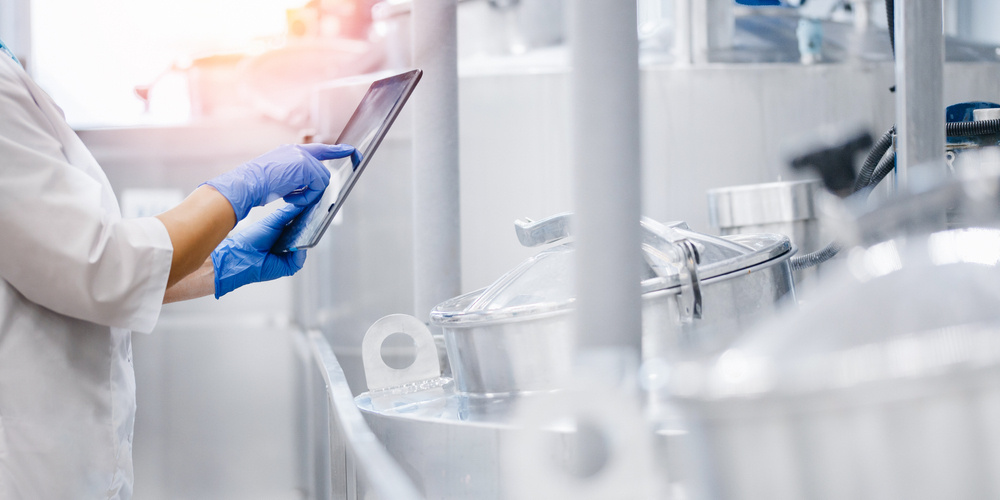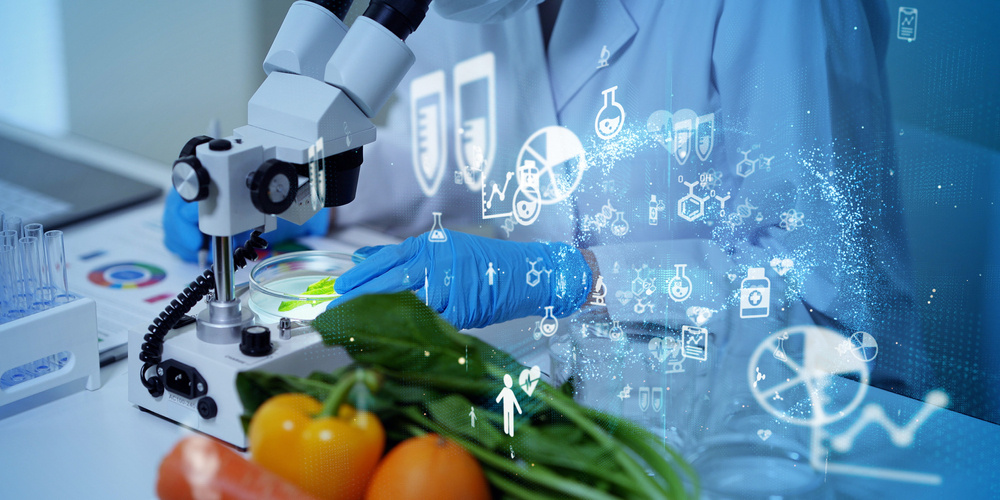Ensuring Safe Consumption: Industry 4.0's Impact on Food Safety
Global non-profit SSAFE has published an excellent guide on Industry 4.0 and Food Safety that can be found here. In this blog post we offer key takeaways from their guide, and information on how Industry 4.0 technologies are revolutionizing food safety practices to ensure safe consumption for all.
Challenges and Opportunities in Implementing Industry 4.0 for Food Safety
Food safety is a critical concern for the food and beverage industry, which faces numerous challenges such as supply chain disruptions, transparency requirements, low margins, and the risk of contaminants. However, Industry 4.0, with its digital tools and advanced technologies, offers potential solutions to these challenges.
Current Challenges in Food Safety:
-
Supply Chain Disruptions: Inflation, geopolitical uncertainty, climate change, pandemics, and labor shortages can disrupt the food supply chain, leading to higher costs and compromised food safety.
-
Transparency and Traceability: Consumers, customers, suppliers, and regulatory bodies demand quick access to information regarding food safety and traceability. Governments have intensified regulatory scrutiny, increasing costs for companies. Industry desires real-time data for immediate decision-making.
-
Cost-Effective Processes: The food sector is highly competitive with low margins, necessitating cost-effective processes to ensure profitability while maintaining food safety standards.
-
Undeclared Allergens: Discrepancies between recipes and production line practices can lead to undeclared allergens, posing serious safety risks for consumers with food allergies. Paper-based work instructions without automatic validation can contribute to labeling errors and supply chain failures.
-
Metal Contaminants: Machine failures can result in metal contaminants in food products. Traditional data collection methods at the end of the production day delay detection and may lead to compromised batches.
-
Bacterial Growth and Chemical Hazards: Biological hazards like Listeria, E. Coli, and Salmonella require tight control of environmental parameters during manufacturing, storage, and transportation. Chemical hazards, including agricultural residues, environmental contaminants, and process contaminants, also pose risks that need monitoring and analysis.
Potential Benefits of Industry 4.0:
-
Strengthening Traceability and Transparency: Industry 4.0 enables food and beverage companies to provide information quickly and readily to consumers, suppliers, and regulatory bodies. Digital tools can enhance traceability capabilities, ensuring transparency in the supply chain.
-
Process Assurance: Industry 4.0 facilitates the delivery of products with consistent and predictable quality and food safety through capable and repeatable processes.
-
Parametric Release of Food Products: With Industry 4.0, food products can be put on the market without waiting for analysis results, while ensuring their safety.
-
Predictive Capabilities and Resilience: Industry 4.0 technologies enable early detection of food safety issues, allowing preventive and corrective actions to be taken promptly. This reduces investigation costs, avoids production halts, minimizes product loss, and prevents costly recalls and market withdrawals.
-
Continuous Improvement: Industry 4.0 supports continuous improvement in quality and food safety. Real-time monitoring, connected data, risk-based modeling, automation, and the right behaviors of people contribute to improved cost-effectiveness, efficiency, and sustainability.
The food and beverage industry faces significant challenges in ensuring food safety. However, Industry 4.0 offers potential solutions by strengthening traceability, providing process assurance, enabling parametric release of food products, bolstering predictive capabilities, and supporting continuous improvement. By embracing digital tools and advanced technologies, the industry can enhance food safety, reduce costs, and build trust with consumers, suppliers, and regulatory bodies.
See how Novolyze's Industry 4.0 solutions can enable the benefits listed above:




